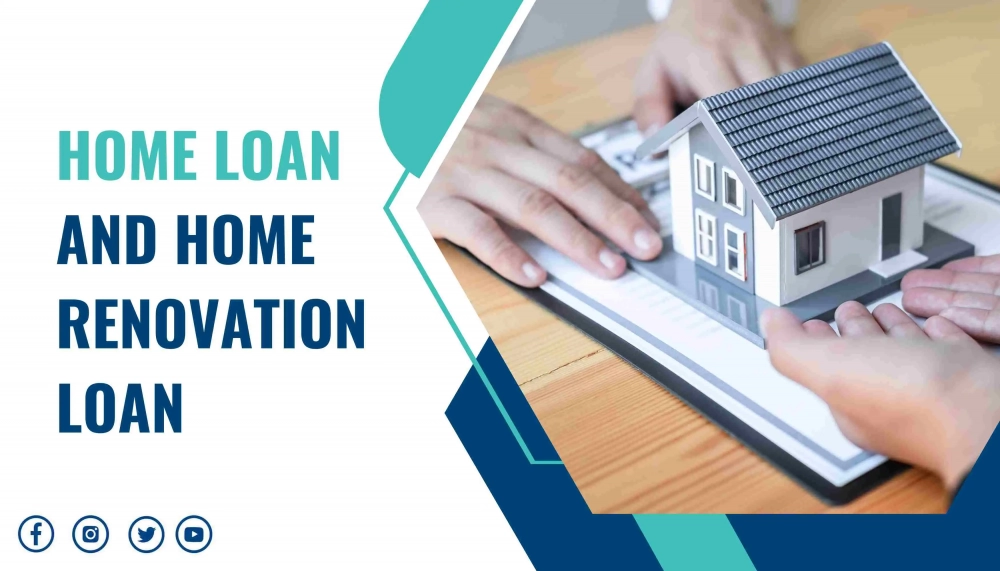Rise by Six: Your Daily Dose of Inspiration
Explore insights and stories that elevate your day.
Home Loans: The Financial Game of Hide and Seek
Unlock the secrets of home loans! Discover tips and tricks to navigate the financial maze and find the best deals hidden in plain sight.
Understanding Home Loan Types: What You Need to Know
When navigating the world of home loans, it is crucial to understand the different types available to find the best fit for your financial situation. The two primary categories are fixed-rate mortgages and adjustable-rate mortgages (ARMs). Fixed-rate mortgages offer the security of consistent monthly payments over the life of the loan, typically ranging from 15 to 30 years. In contrast, ARMs come with lower initial rates that can significantly change after a specified period, making them an appealing option for buyers looking for lower payments upfront.
Moreover, it's essential to familiarize yourself with specialized home loan types such as FHA loans, VA loans, and conventional loans. FHA loans cater to first-time buyers with lower credit scores, while VA loans are a superb option for military veterans, offering favorable terms with no down payment required. Conventional loans often require a higher credit score and down payment but may offer competitive interest rates. By understanding these categories and their benefits, you can make an informed decision that aligns with your personal and financial goals.

Uncovering Hidden Costs in Home Loans: Are You Prepared?
When applying for a home loan, many borrowers focus solely on the interest rate and monthly payments, often overlooking the hidden costs that can significantly affect their overall budget. These additional expenses can include closing costs, which may encompass fees for appraisal, title insurance, and loan origination. Furthermore, homeowners should be aware of property taxes, homeowners insurance, and maintenance costs that can accumulate over time. By understanding these potential hidden costs, prospective buyers can be better prepared for the long-term financial commitment of homeownership.
Additionally, it's important to consider factors like private mortgage insurance (PMI) if your down payment is less than 20%, as well as potential increases in homeowners association (HOA) fees and utility costs. To avoid any unexpected surprises, create a comprehensive budget that accounts for these expenses and consult with a financial advisor, if necessary. Remember, being well-informed about the full scope of costs associated with your home loan will enable you to make a more confident and informed decision.
Home Loans Explained: What Lenders Don’t Want You to Know
Home loans are more than just a means to purchase a property; they are complex financial instruments that can significantly affect your long-term financial health. Lenders often present their products in a way that highlights their features but downplays the potential pitfalls and costs involved. For instance, many first-time buyers may not realize that the interest rates advertised are often not fixed and can fluctuate based on your credit score at the time of application. Additionally, closing costs and other fees can often add thousands of dollars to your total expenses, leading to unexpected financial burdens.
Another crucial aspect that lenders may not emphasize is the importance of understanding your credit profile. A higher credit score not only qualifies you for better interest rates, but it can also open doors to more favorable loan terms. Many buyers overlook the value of improving their credit before applying for a loan. It’s also essential to shop around and compare offers from multiple lenders, as different institutions have varying policies and fees. By doing your homework and gaining an understanding of the home loan processes, you can empower yourself and avoid the traps that many lenders subtly lay.